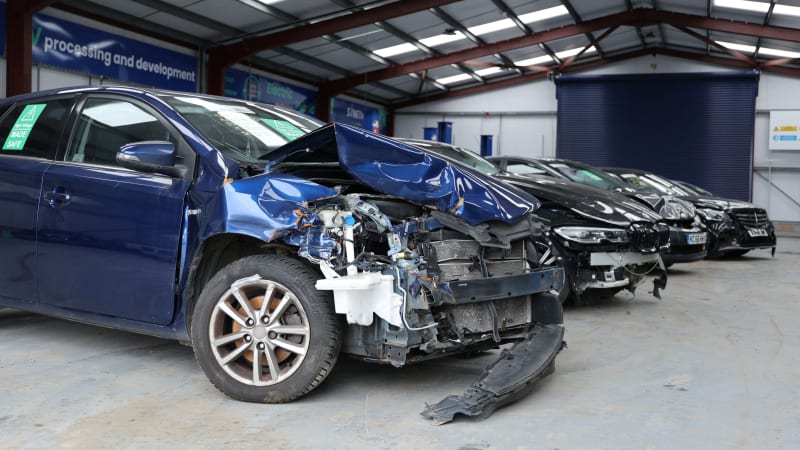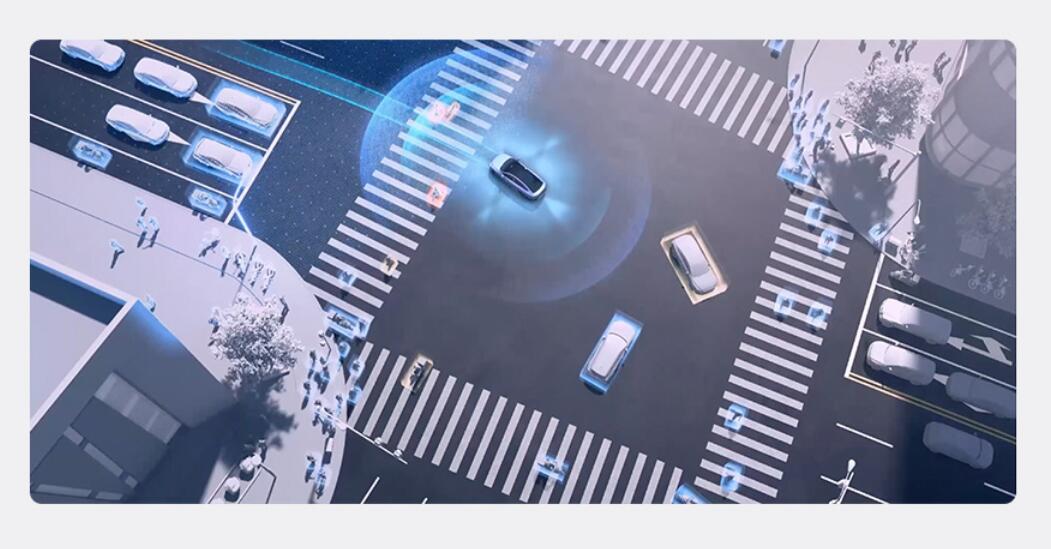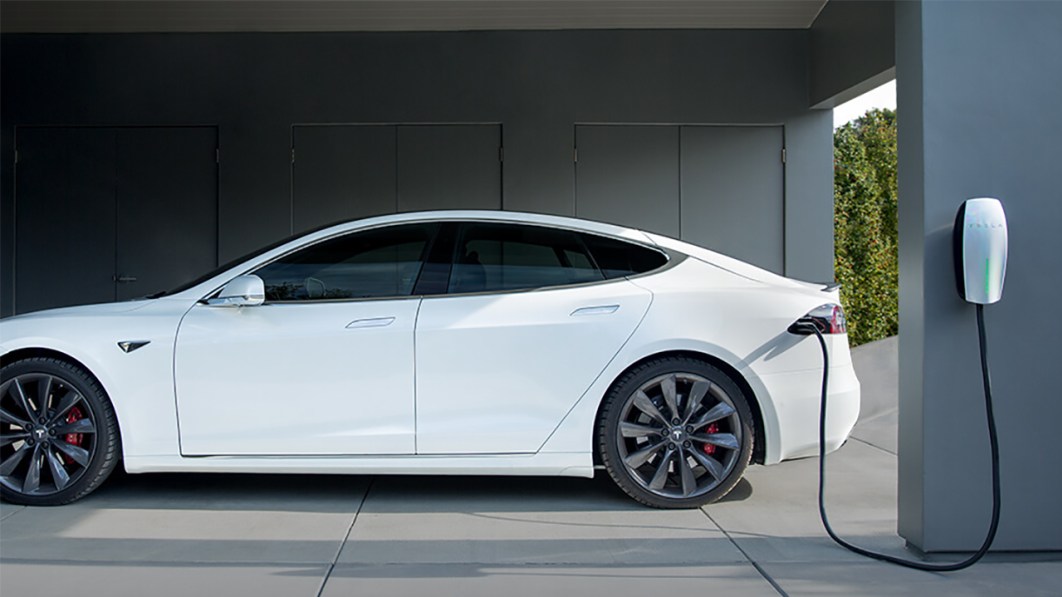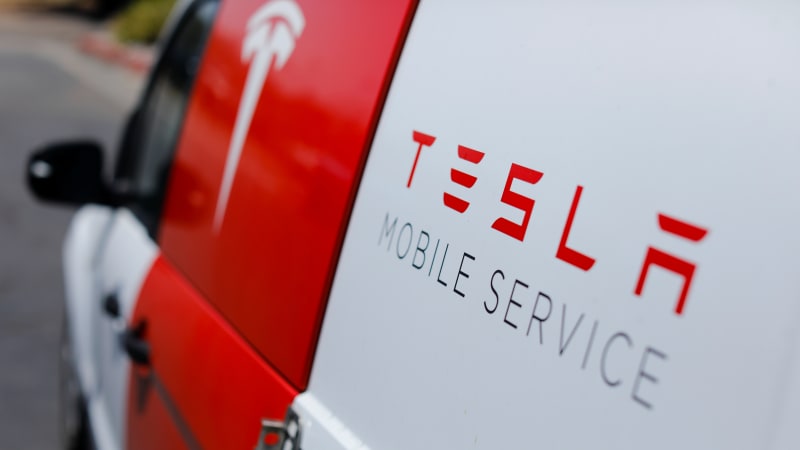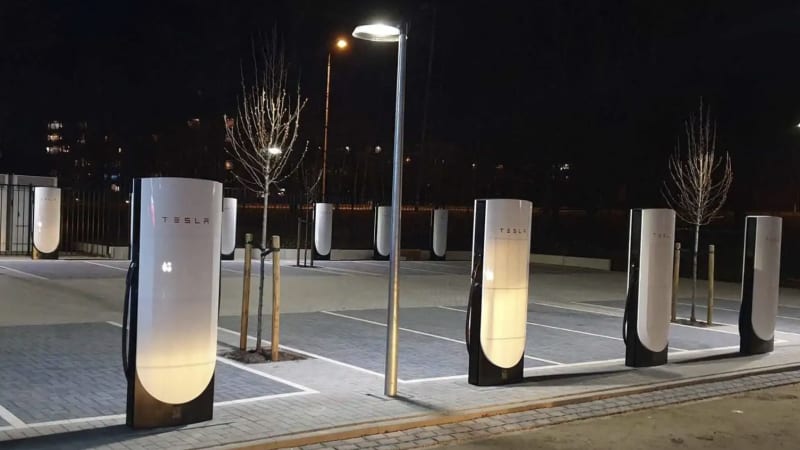Li Auto leads the pack with superior execution, but risk-reward increasingly favors XPeng and NIO after a drastic sell-off this year, Morgan Stanley said.
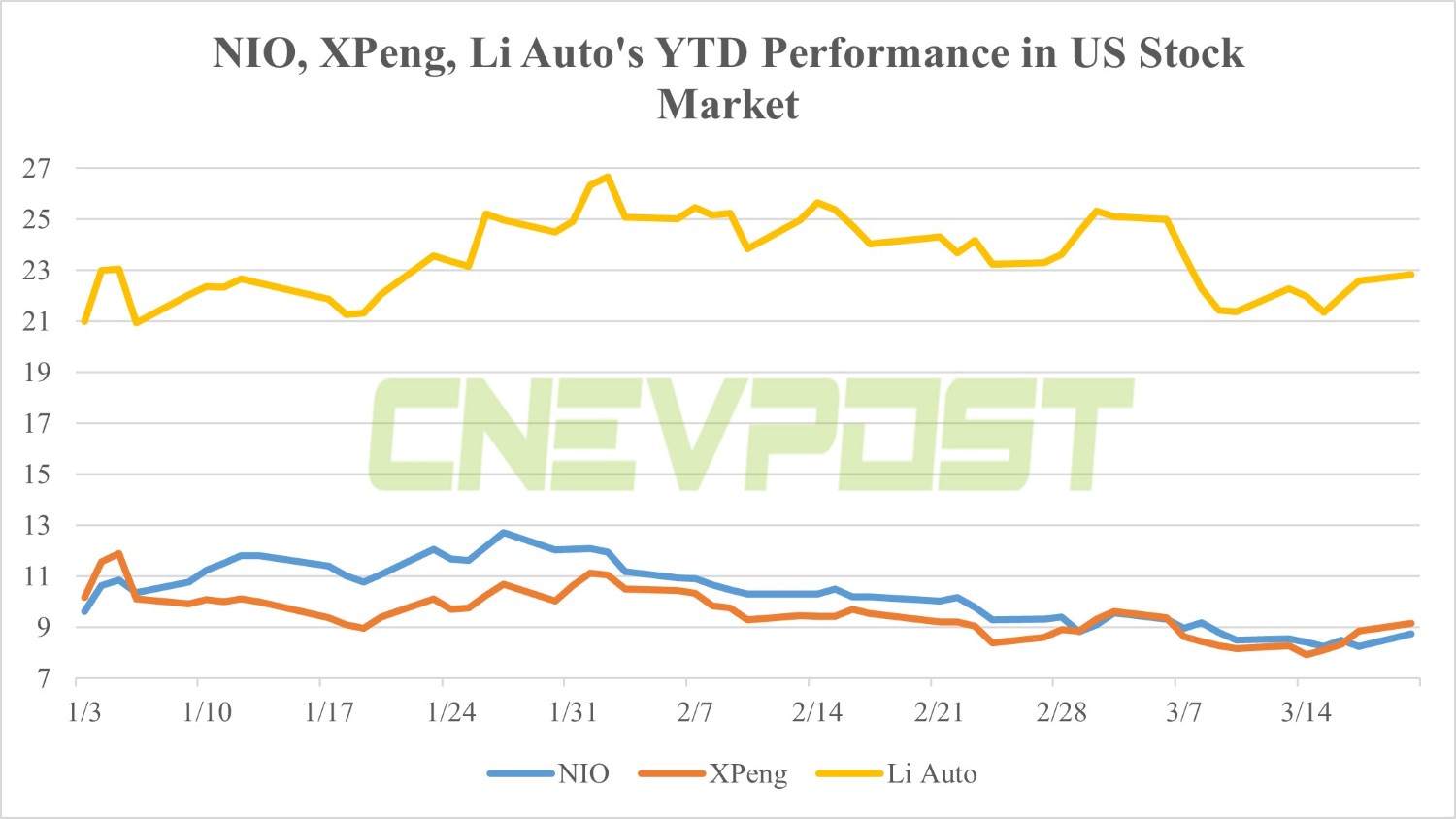
Shares of major Chinese electric vehicle (EV) makers have generally suffered a sell-off so far this year, as the sector's weak sales at the start of the year and recent widespread price wars have raised investor concerns.
However, in Morgan Stanley's view, the sales potential of China's EV companies in the second half of the year is underestimated at a time when costs are sliding.
"We think YTD stock corrections should have discounted competition risks but underrate the cost-driven upside to EV margin/volume in 2H, " Morgan Stanley analyst Tim Hsiao's team said in a research note sent to investors on March 19.
As of Monday's close, NIO's (NYSE: NIO) US-traded ADR was down 10 percent this year, XPeng was down 8 percent, and Li Auto was up about 12 percent.
Hsiao's team believes that significant margin pressure from price wars will fuel market concerns about industry profitability and cash flow, especially among new energy vehicle (NEV) heavyweights, namely BYD and Tesla China, which can afford to initiate another round of price cuts in the second quarter.
That, combined with weak full-year sales following the stimulus withdrawal, could dampen sales volumes and margins for EV brands in the first half of 2023, the team said.
Still, the production potential of China's NEV industry in the second half of the year and beyond appears to be underestimated as the decline in prices of batteries and key components accelerates following aggressive capacity expansion in 2022, the team noted.
This could translate into potential margin relief for NEV makers and potentially increase NEV penetration in the second half of the year in a cost-effective manner, the team said.
Hsiao's team estimates a 20-25 percent drop in battery costs for major NEV makers, implying a 6-10 percentage point cost savings.
The price drop of lithium carbonate, a key raw material for batteries, has accelerated in recent days and saw its biggest one-day drop so far this year on March 20, according to a CnEVPost report yesterday.
The average price of both industrial-grade lithium carbonate and battery-grade lithium carbonate fell by RMB 12,500 per ton on March 20, with the latest average price at RMB 272,500 per ton and RMB 312,500 per ton, respectively.
NIO's management said in a call with analysts after the March 1 earnings announcement that they expect lithium carbonate prices to fall back to around RMB 200,000 per ton this year, boosting gross margins back up.
EV makers that can take full advantage of this will not only enjoy margin relief, but also have more flexibility to price their models to further boost NEV penetration in mass markets and lower-tier cities, Hsiao's team wrote in their report.
"That said, the tailwinds from falling input costs may take time to kick in as our checks with major OEMs suggest they are still in discussions with battery suppliers on new terms," the team added.
The team believes that a tougher operating environment will accelerate market reshuffling, with leading EV manufacturers weathering the downturn better than their peers, while the growth of smaller, lagging EV startups could be slowed by a depletion of liquidity in 2023.
Growing investments should also push up cash burn rates. As a result, the ability to optimize working capital and access to market funding will play a more important role in ongoing operations in 2023, the team added.
"Our analysis suggests EV trio (NIO, XPeng, and Li Auto) will still hold fast, backed by healthy balance sheet conditions and better connections to capital markets," Hsiao's team wrote.
The team said they're fully aware of investor worries about EV startups' cash burn that may rapidly deplete their liquidity.
But they believe the EV trio can remain self-funded for the next 18 months, even under the stress-test scenario of a prolonged price war.
"We believe continuous investment would further solidify their technology leadership and enable them to have a better chance of winning out in the next up-cycle," the team wrote.
The team believes that trough valuations mean the market has lowered expectations for EV startups' operational performance and financial resilience in an industry downturn, making any marginal improvement in their sales a meaningful stock catalyst.
Li Auto leads the pack with superior execution, but risk-reward increasingly favors XPeng and NIO after this year's sharp dip, the team said.
Lithium prices see biggest drop this year in China as decline accelerates
The post China EV industry sell-off creates opportunity, says Morgan Stanley appeared first on CnEVPost.
For more articles, please visit CnEVPost.



